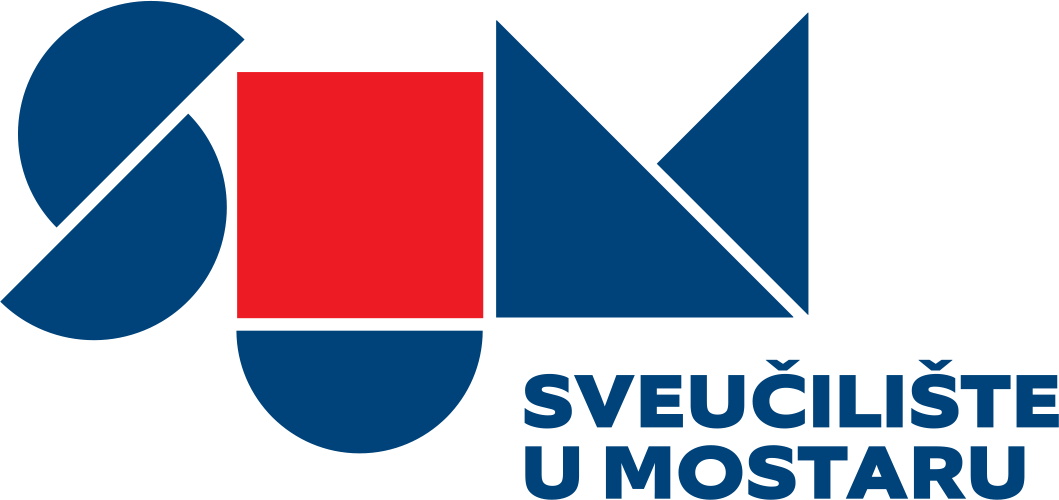THE JOURNALISM STUDY PROGRAMME
The Department of Journalism offers single-major and double-major undergraduate and graduate study programmes. The double-major study programme can be combined with any other double-major study programme at the Faculty of Humanities and Social Sciences. Both single-major and double-major study programmes require full-time enrolment (state-funded or self-financing).
Undergraduate Study (6 semesters – 180 ECTS credits)
The undergraduate single major and double major Journalism study programme provides the students with basic knowledge on different branches of journalism, offering them the possibility to master the basic technologies and techniques of journalism.
Upon completion of the single-major or double-major undergraduate study programme in Journalism, students will be able to:
-define and explain the terminology from the fields of journalism, mass media and public relations;
-interpret and critically analyze media publications;
-differentiate the effects of media on different social groups;
-edit short and long publications independently;
-prepare, edit, direct and publish announcements in the press, on radio, television and the editorial boards of internet portals;
-apply appropriate genres of journalism in order to give the recipients appropriate information;
-work independently and in groups to research specific topics given by the editorial board as well as know how to present the results of the research;
Upon completion of the single-major and double-major undergraduate study programme in journalism, students earn the academic title Bachelor of Journalism.
Bachelors of Journalism can enrol in graduate study programmes in journalism or a related study programme in the information or communication sciences. They can be employed in a variety of fields such as the press, TV media, work on radio or as editors in new media. They are also able to work in state management, public institutions, commercial organizations as well as in media, public relations and other related jobs in non-government organizations.
Graduate study (4 semesters – 120 ECTS credits)
Upon completion of the single-major or double-major graduate study programme in Journalism, students will be able to:
-define the techniques and methodology of national and international information systems;
-define and explain complex terms in journalism, communication, mass media and public relations;
- use their acquired knowledge and skills to design, edit, direct and publish in the press, on radio, TV and internet portals;
-independently and responsibly edit the policies of the media company in accordance with the demands of the profession and professional ethics;
-lead, organize and manage the editorial board of media and publishing houses;
-create communication plans appropriate to different goals, sectors and different applications;
-lead complex research projects on chosen topics and present them independently;
-edit and prepare shows, features and other content in specialized programmes and issues on foreign policy, sports, cultural, education and entertainment;
-interpret and critically analyze socio-political, cultural, economic and other relevant social issues;
-prepare media material, analyse and make recommendations for the appropriate introduction of an organization in the media;
-prepare, host and independently analyse events for broader social groups.
Upon completion of the single-major or double-major graduate study programme in journalism, students acquire the academic title Master of Journalism.
Masters of Journalism are able to work in any media editorial board, edit programmes or design them independently. They can also work in state institutions, public companies, economic organizations, as well as in non-government organizations on tasks related to media, public relations, communication and other related tasks.



